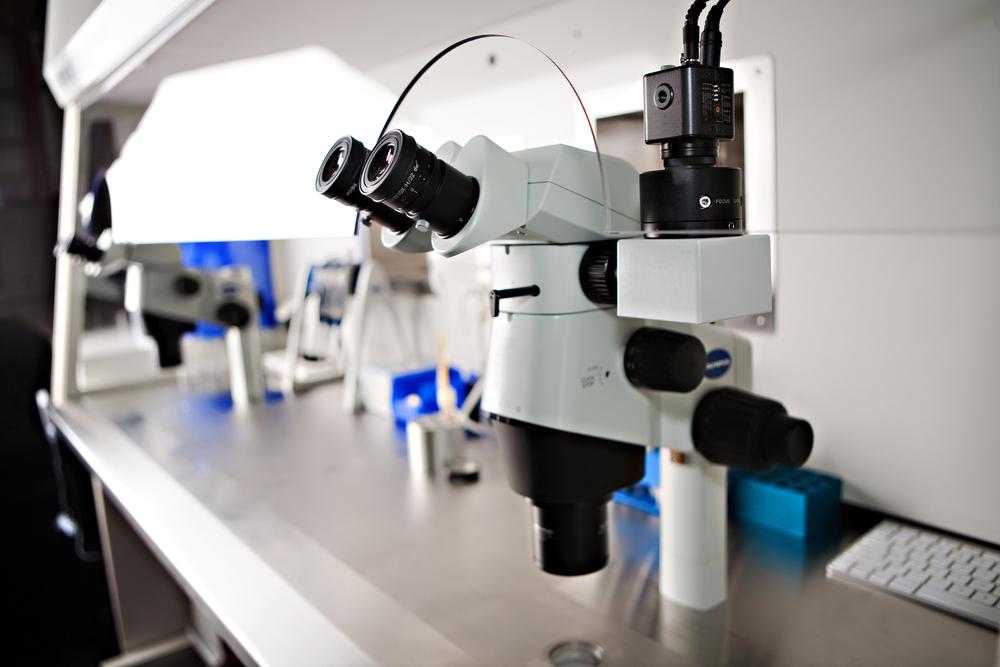5 things you must know about In Vitro Fertilization
In vitro fertilization (IVF), known to most of us as the ‘test tube baby,’ is a process where an egg is combined with the sperm externally. The process involves the extraction of an egg from the ovaries of a woman and is then fertilized with an external sperm in a laboratory. The goal is to establish a successful pregnancy. The fertilized egg undergoes embryo culture for 2-6 days. The egg is then transferred to the uterus of the same woman or some other woman. The proceedings of the entire process are unknown to most of us, so here is a list of things you must know about IVF:

Infertility is not uncommon
The commonality of this phenomenon is vast as it affects every 1 in 6 people. The cause for this condition is equally due to both the partners in the relationship. 40% of the time it is due to the woman, same for the man and the remaining 20% is a combination of both the genders. But, there are only 5% of the couples that turn to IVF to help them conceive. Apart from that, some fertile couples have other reasons to adopt IVF. For example, same-sex couples, single women, those carrying a genetic disease adopt this process.
Time-consuming
The process of IVF is a lengthy process as it depends on the body progress of the woman, the eggs can only be collected once the woman body is stimulated. The process involves multiple visits to the clinic for scans and check-ups. This procedure usually takes an hour, but the patients also need to visit the clinic again for the embryo. So all-in-all, this treatment takes about 4-5 weeks for successful pregnancy.
Type of IVF
The high-drug conventional IVF is the most common type of IVF in the country, but many other types can suit different needs. There are also some less drug-intense forms of treatment. Natural IVF is the least intensive type of IVF, and it does not need any drugs for the treatment to be performed efficiently. The Modified natural method requires only 3-4 days of drugs, while the mild or mini IVF requires 5-9 days of drugs.
Age is important
When it comes to reproduction, we all know that age is an essential factor. As you grow old your body starts to lose its vital parts and the functioning also degrades; this leads to a loss of natural reproduction eventually. For IVF, it remains the same; the fertility treatment is better among younger women as compared to older women. The fertility issues in women begin at 35 and go on to the 40s. 45 is the age when the fertility stops completely.
Frozen is just as good
Some recent studies have suggested that the frozen eggs and embryos are just as good as fresh ones. It is better to freeze embryos as compared to eggs as they are more stable which makes them potent to thawing.

